Yesterday’s piece by Graham Young on the Peter Ridd High Court case got me thinking. Not about Young’s thesis that this should all have been handled at the political level by any self-respecting government of any political stripe – but especially by one that pretends to be a centre-right government. Team ScoMo is funding these universities. If they are going to blatantly shut down free enquiry and the ability of academics to challenge the scientific know-how and conclusions of colleagues on the basis of some limp, insipid, anti-intellectual appeal to a Kumbaya-type ‘can’t offend anyone’ standard, then any university that goes down that path should be cut off from all federal research funds overnight.
It’s not rocket science. Nor can we take remotely seriously all the cheap talk from this government’s Ministers about the need for free speech on campus. It’s all just talk and hot air. So far I have yet to see any walking, just talking. Nothing has been done about free speech on campus, other than reviews and reports and a worthy but rather tame redefinition of academic freedom Bill. And by the way, the French Recommendations are themselves pretty enervated. Better than nothing? Yes. Anywhere near as good as the Chicago Principles that universities such as Princeton and Chicago have adopted, and that clearly and unequivocally make open enquiry and free speech on campus the ultimate value? No, not even close.
Why hasn’t this pusillanimous Coalition government – or any of the various iterations these past eight years – simply mandated the adoption of the Chicago Principles in any Australian university seeking federal research funds of any amount whatsoever? Got any answer to that? Oh ya, could it be that talk is cheap and walking the talk may offend the ABC or a few bureaucrats or force its involvement in the culture wars? Can’t have that, can they? Or hey, imagine how quickly things would change if – as is being mooted in various US States at the moment – university administrators had to pay their lawyers out of their own pockets (no university subsidy or insurance) when losing any lawsuits related to free speech concerns on campus. Boom! There’d be change overnight.
Anyway, back to the Ridd High Court appeal. As Young made clear the government’s total lack of action on this front forced Ridd to crowd-fund huge amounts of money (and readers might like to know that in these sort of employment cases there are no costs awards, so each side pays its own costs regardless of the result – Ridd and his donors pay his lawyers and James Cook University, meaning all of us taxpayers, pays its lawyers). Now here’s what I got thinking yesterday when reading Young. Why was this case heard by only 5 of the 7 High Court Justices? Yes, yes, yes that is a procedural possibility. But why did it actually happen in this instance?
Here we enter the realm of speculation. To me, it seems that having only five Justices sit is condescension writ large. Follow my thinking. There are two ways to understand this case. One is to see it as a pretty ordinary contract interpretation case. The other is to see it as having rather big implications for the principles of free speech and academic freedom on campuses around Australia. If you think the former is the way to characterise what’s in play (and I do not, but it is not an obviously ridiculous claim or characterisation), then why did the High Court give Ridd leave to appeal?
Remember, there is no appeal by right to the High Court. The judges themselves choose their own docket (with the caveat that whether there are criminal law or one or two obscure original jurisdiction areas, perhaps having to do with the military, I do not know but this Ridd case plainly was not one of them). A panel of High Court Justices opted to give Ridd leave. At the time I thought that was a good sign because it is hard to see why they would do that without some sense that the second, broader, ‘academic freedom is in play’ characterisation of the case were in play. Right? But that being so, why then demean the case, why condescend as to its importance, by making it one with a panel of only five Justices? Beats me. Nothing comes to mind folks.
Here’s another factor. My understanding of High Court of Australia procedures is that the Court acts as a collegiate body. The Chief Justice does not have executive authority to speak for the court as a whole. And that, I think, carries over to who can sit on individual cases. I have heard regular stories that former Justice Lionel Murphy used to insist on sitting on everything. And that he had every right to do so. In the Ridd case the two newest and most recently appointed Justices did not sit on the case. But I think both of them had the right to insist on doing so, a la Murphy. Can we understand two brand new High Court Justices being a tad reticent to insist on sitting on a case? Of course. But if this is ultimately decided as a case with wide-ranging implications about free speech and academic freedom, having it delivered by five Justices weakens its authority. Worse, imagine it gets handed down as a 3-2 decision. It immediately looks suspect. Had the two other Justices been present it might have gone the other way. Why weren’t they there? In fact, I would say that there will be considerable internal pressure not to have this decided 3-2. That’s pure speculation on my part. But it’s what I would be worried about were I they.
As I said, you can’t get past the feeling this Ridd case has been sort of condescended to by the High Court. It should have been heard by all seven Justices. The two newbies should, in my view, have insisted on their right to be on the panel.
Or am I missing something?
Got something to add? Join the discussion and comment below.
Get 10 issues for just $10
Subscribe to The Spectator Australia today for the next 10 magazine issues, plus full online access, for just $10.

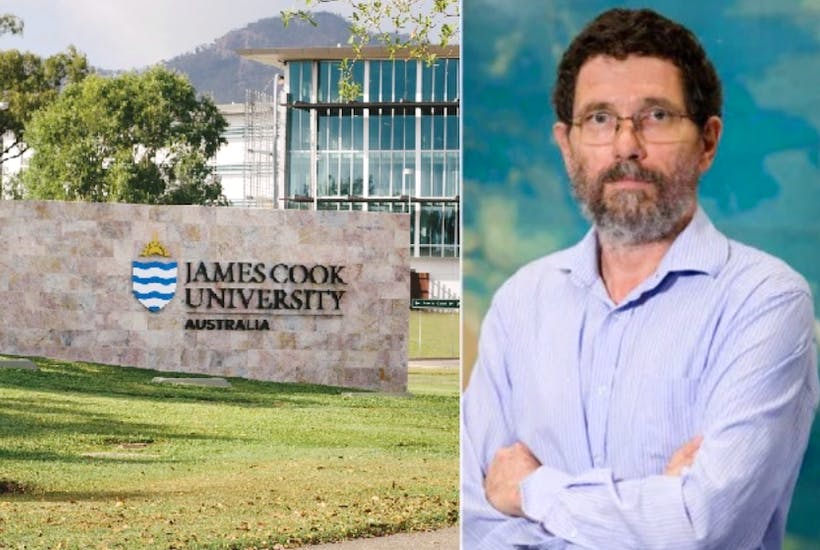

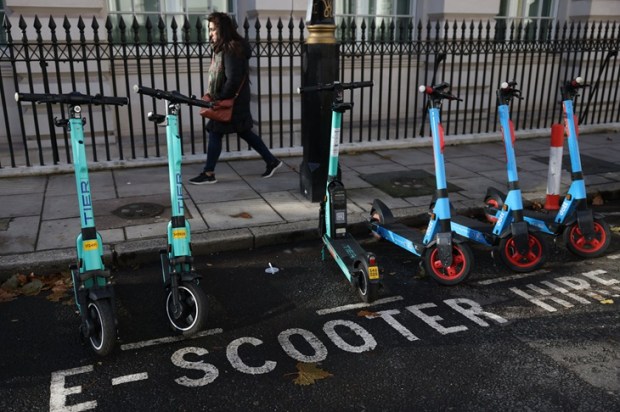

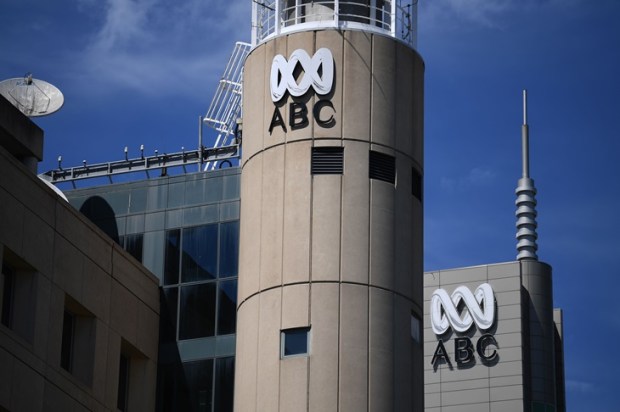
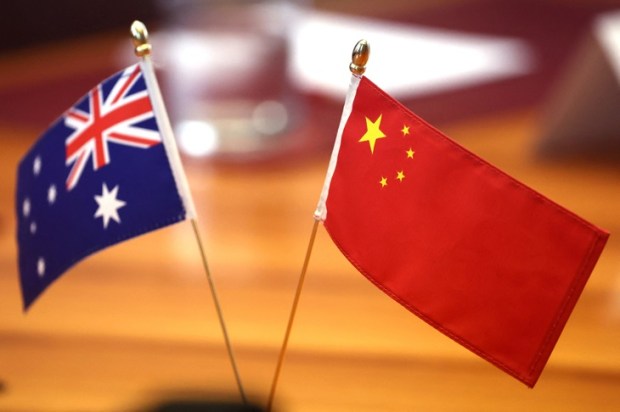
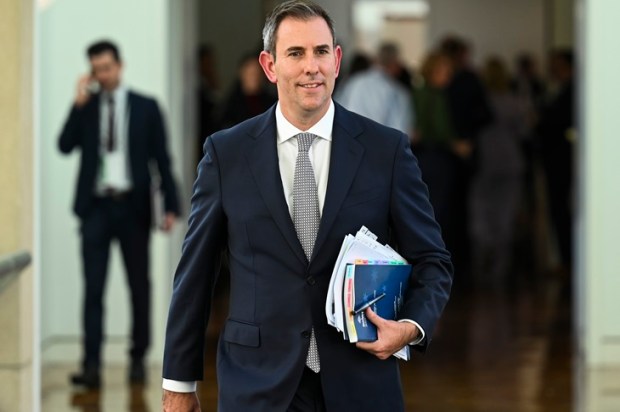


















Comments
Don't miss out
Join the conversation with other Spectator Australia readers. Subscribe to leave a comment.
SUBSCRIBEAlready a subscriber? Log in